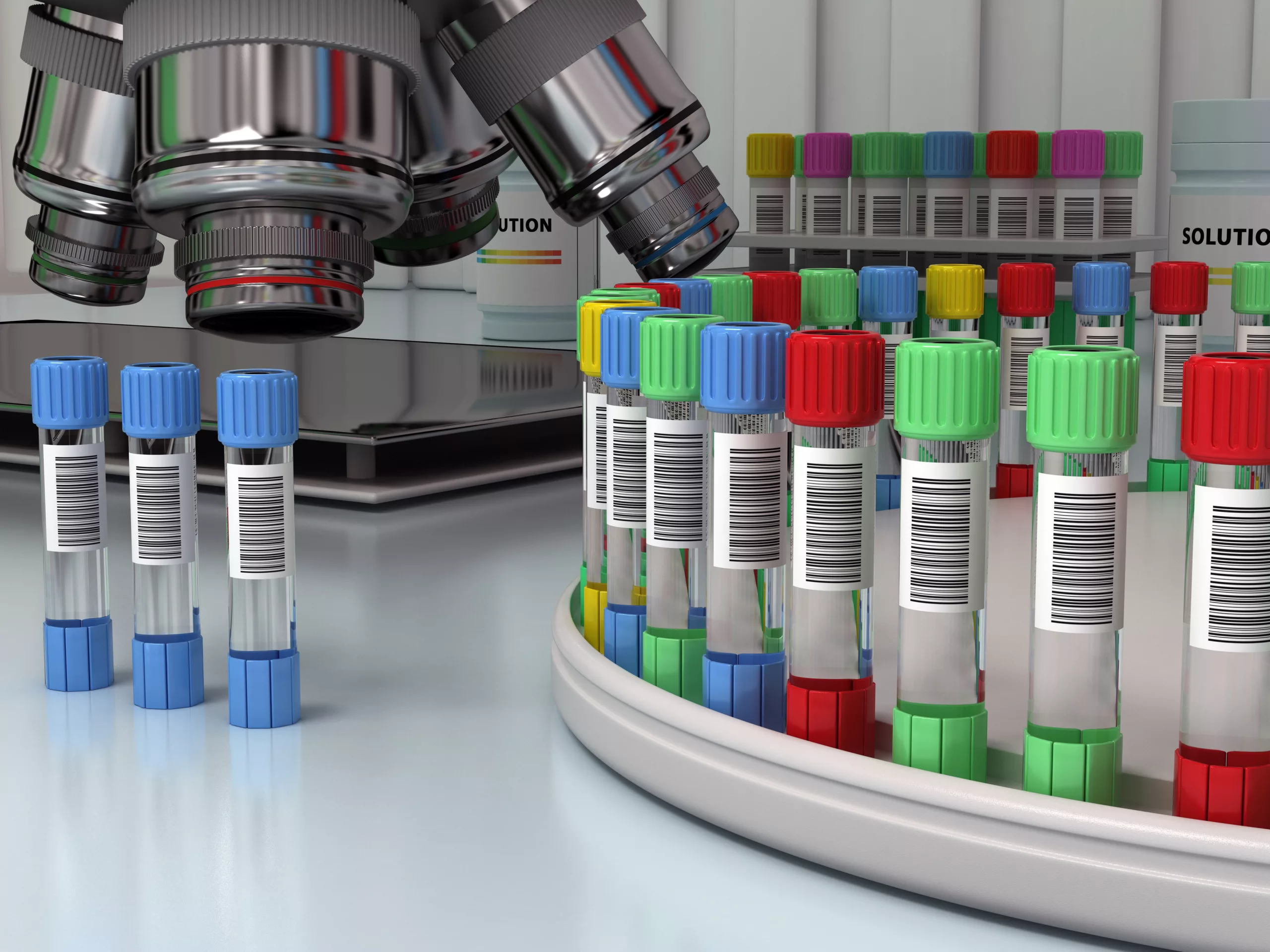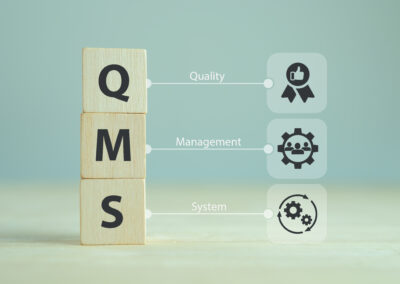Animal testing is commonly used during the development of new drugs and medical devices to treat diseases. The experiments typically take place in controlled laboratory settings where variables of interest can be manipulated while all others are held constant. Additionally, this allows multiple generations of animals to be studied if needed. The most frequently used animals in laboratory studies are mice, rats, and birds [1]. Animals are useful for studying human diseases because they often have the same biological systems we do and can react similarly to health problems [1]. Animal welfare advocates argue that animals are no different than humans and deserve the same rights. Most animals can feel pain and may experience stress from experimentation [1]. Some species can communicate, show empathy, demonstrate a sense of self, and play, demonstrating intelligence [1]. However, some argue that since animals don’t have the same cognitive abilities humans do, animal testing is ethical [1]. Another supporting argument that many in the wildlife research field share is that the benefits outweigh the costs. Although some harm may be done to the small group of animals that are tested or experimented on, it greatly benefits the broader group of other animals or humans [1].
However, one problem with animal testing is that some drugs or medical devices impact animals differently than humans [1]. One unfortunate example of this is thalidomide, which was tested on a wide range of other mammals [1]. By the time people realized it caused serious birth defects in humans, the damage had already been done. This is one reason why extensive clinical trials in humans before a drug or device goes on the market is so important. If you need help planning your clinical trials, we can help. Contact us at 248-987-4497 or email us at info@emmainternational.com.
Overall, there is no clear answer, and this topic is a matter of opinion. Nevertheless, it is hard to argue with the significant scientific and medical advancements for both humans and animals that have been made possible by animal experimentation.
EMMA International provides full-circle solutions for all aspects of pharmaceuticals, biologics, and medical device product development, with or without animal experimentation. Give us a call at 248-987-4497 or email us at info@emmainternational.com to learn more about how EMMA International can take the stress out of quality and regulatory compliance!
[1] Kiani (2022) Ethical considerations regarding animal experimentation, Retrieved on 18 October 2024 from: https://pmc.ncbi.nlm.nih.gov/articles/PMC9710398/#sec1-5





